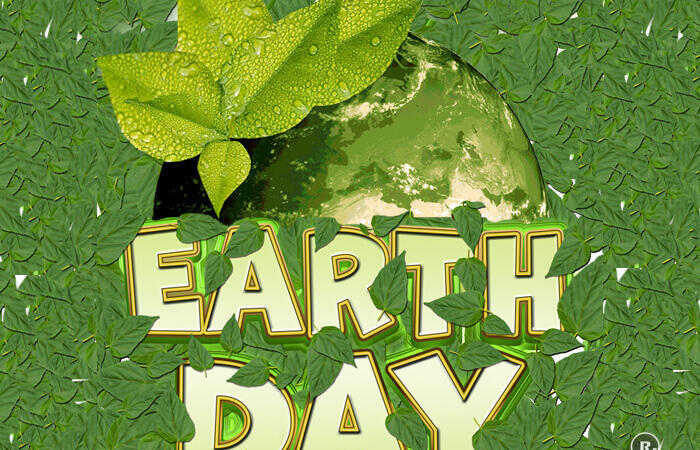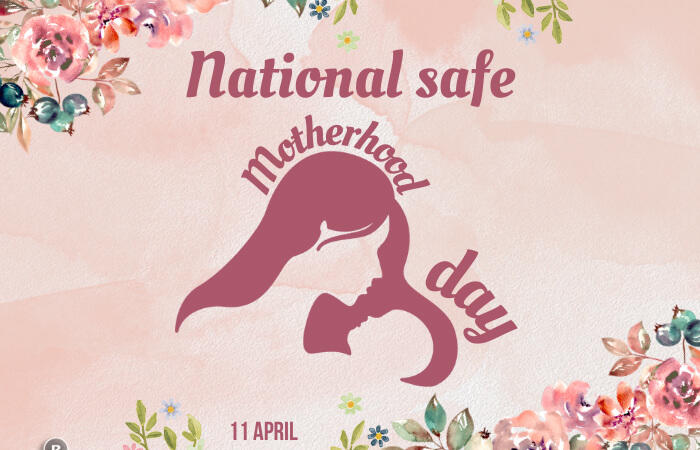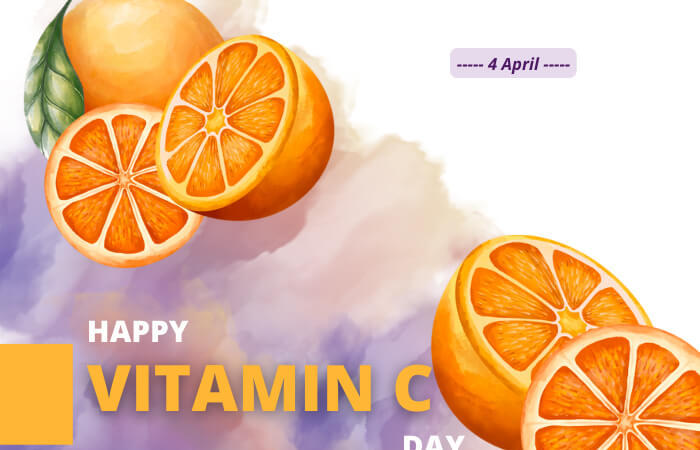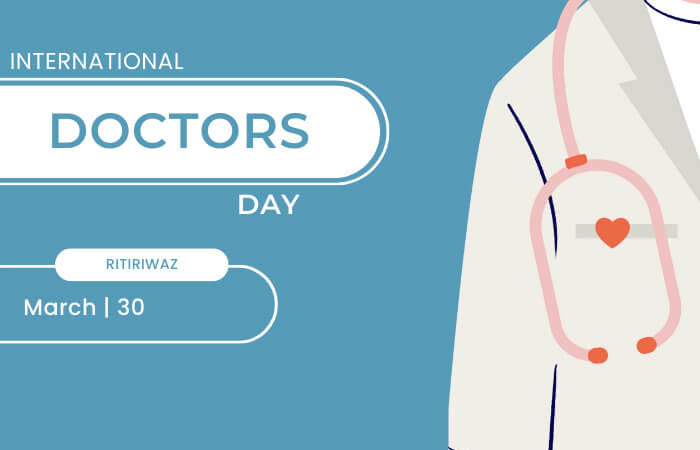National Pollution Prevention Day
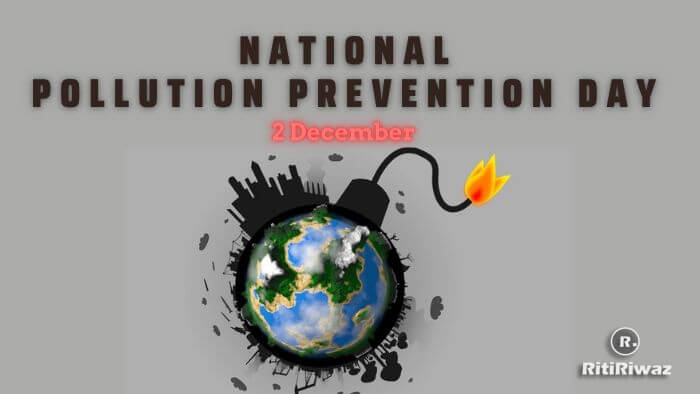
National Pollution Prevention Day is observed on 2nd December every year to remember the innocent lives lost in the Bhopal gas tragedy. Bhopal gas tragedy is the biggest industrial pollution disaster in history and the day is observed to create awareness and control industrial disaster and prevent industrial pollution.
Aim
The day aims to spread awareness among the people about pollution and its control measures. The day also creates awareness about the problem caused by increasing pollution.
The Bhopal gas tragedy
The Bhopal disaster or Bhopal gas tragedy was the leak of toxic gas Methyl Isocyanate and other toxic gases from the Union Carbide Chemical Plant on 2nd December 1984 that took the life of thousands of people at the midnight. It was a pesticide plant in Bhopal that leaked highly toxic gasses like methyl isocyanate (MIC) gas which made its way into and around the area situated near the Union Carbide India Limited (UCIL).
A government affidavit in 2006 stated that the leak caused 558,125 injuries, including 38,478 temporary partial injuries and approximately 3,900 severely and permanently disabling injuries. Others estimate that 8,000 died within two weeks, and another 8,000 or more have since died from gas-related diseases.
One of the main components of praising the national pollution control day consistently is to oversee and control the Industrial Disaster and also an anticipation of the contamination of water, air, and soil. Assortments of laws are announced by the Government all finished world to truly control and prevent pollution.
Suggested Read: Environment Pollution
What is Pollution
Pollution is when harmful materials, natural or manmade, enter the environment. The addition of contaminants into an environment that causes instability, disorder, harm, or discomfort to the ecosystem i.e. physical systems or living organisms. Pollution can take the form of chemical substances or energy, such as noise, heat, or light. There are numerous ways pollution can be released into the environment such as creating electricity through burning coal, using pesticides for farming, or even ash released from volcanic eruptions. Pollution can be broken down into 3 main types: air pollution, water pollution, and land pollution.
According to a study – Water pollution causes approximately 14,000 deaths per day, mostly due to contamination of drinking water by untreated sewage in developing countries. An estimated 700 million Indians have no access to a proper toilet, and 1,000 Indian children die of diarrhoeal sickness every day.
Suggested Read: World Nature Conservation Day
Delhi’s air quality is the worst of any major city in the world. The poor quality of air causes irreversible damages to the lungs of 2.2 million or 50 percent of all children. On 25 November 2019, the Supreme Court of India made statements on the pollution in Delhi saying “Delhi has become worse than narak (hell)”.
There is a lot of Pollution problem caused due to the Vehicles and other Reasons by which people are used to getting suffered by many of the Diseases. So the Government has made various laws and rules like the Odd-Even Program to reduce Pollution by decreasing the number of vehicles to run on the roads. Delhi’s pollution problem is also caused by the factor of animal agriculture, as smog and other harmful particles are produced by farmers burning their crops in other states. About 80 percent of agriculturally used land is used for animal agriculture, so animal agriculture can also be attributed as a factor in Delhi’s air pollution problem.
Suggested Read: Renewable Energy Day
Preventive measures by the government
The Government of India has enacted various laws to control and prevent pollution in India.
- Manufacture, storage, and import of dangerous chemical laws of 1989.
- Hazardous Waste (Management and Management) Rules, 1989.
- 1989 Rules, Production, Storage, Import, Export, and Storage of Hazardous Microorganisms for Dangerous Microorganisms or Cells.
- National Environmental Tribunal Act of 1995.
- Chemical Accident (Emergency, Planning, Preparation, Response) Rules 1996.
- Biomedical Waste (Management and Handling) Rules, 1998.
- 1999 Recycled Plastic Manufacturing and Use Rules.
- Ozone Reducing Substances (Regulation) 2000 Rules.
- Noise Pollution (Control and Regulation) Act of 2000.
- Batteries (Management and Handling) Rules 2001.
- Maharashtra Bio-degradable Waste (Control) Ordinance 2006.
- 2006 Environmental Impact Assessment Notification.
Environmental pollution is an incurable disease it can only be prevented.
Suggested Read: Important Days In December


